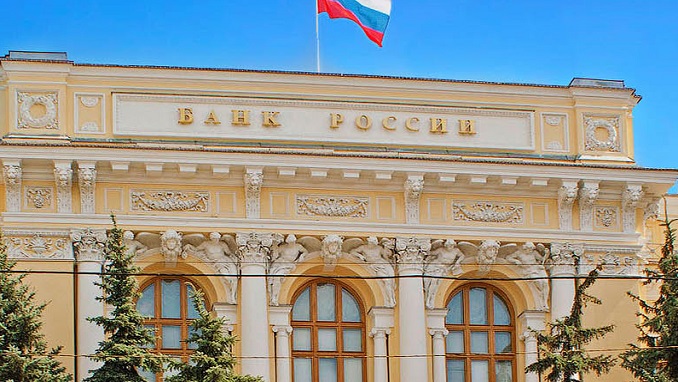Russia’s government may be forced to raise its Value Added Tax (VAT) from 18% to 20% to help fund an ambitious economic plan recently outlined by President Vladimir Putin, the Vedomosti business daily wrote quoting federal officials.
According to the report, Prime Minister Dmitry Medvedev has promised to find an extra 8 trillion rubles ($128.5 billion) to enforce the president’s new May decree. The government and the Kremlin expect to find most of the sum in the pockets of Russian citizens, Vedomosti writes.
The budget may get some 2 trillion rubles ($32.1 bln) over six years from raising the value-added tax (VAT) from 18 to 20%. According to the officials, this option was discussed and now it is one of the most probable ones, although no final decision has been made yet.
The budget may be replenished by another two trillion rubles from raising the retirement age, two officials said, without giving further details.
The remaining 4 trillion rubles ($64.3 billion) will be furnished by measures already announced, while the government will borrow some 3 trillion rubles ($48 billion) for financing infrastructure by placing the Federal Loan Bonds and setting up a temporary fund inside the budget. The state coffers will get another 1 trillion rubles from tax reforms of the oil sector.
Some decisions may be reviewed, Vedomosti’s sources said. Meanwhile, a final decision should be made during the spring session of the State Duma, the lower house of parliament, Finance Minister Anton Siluanov said earlier. On Saturday, TASS reported that President Putin has tasked the government with developing mechanisms and finding financing sources to fulfill the May decree.
VAT was levied at a rate of 20% in Russia until 2004, when it was reduced to 18%. According to the officials, a return to 20% is a less painful decision than other options discussed, like raising the Personal Income Tax or introducing a Sales Tax.












